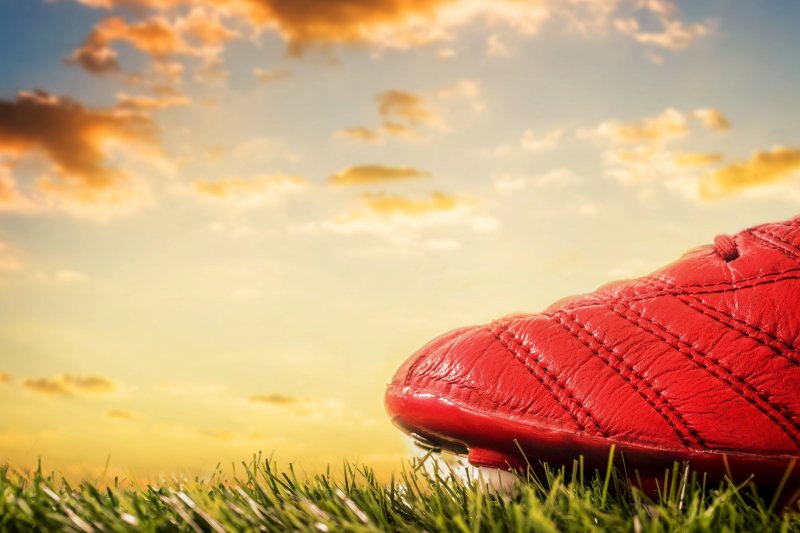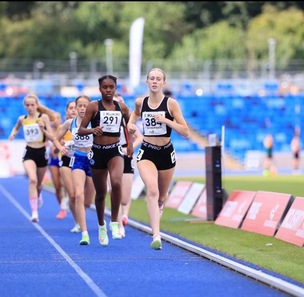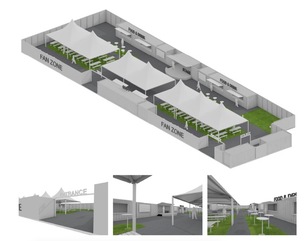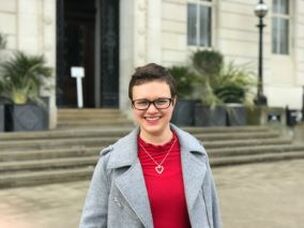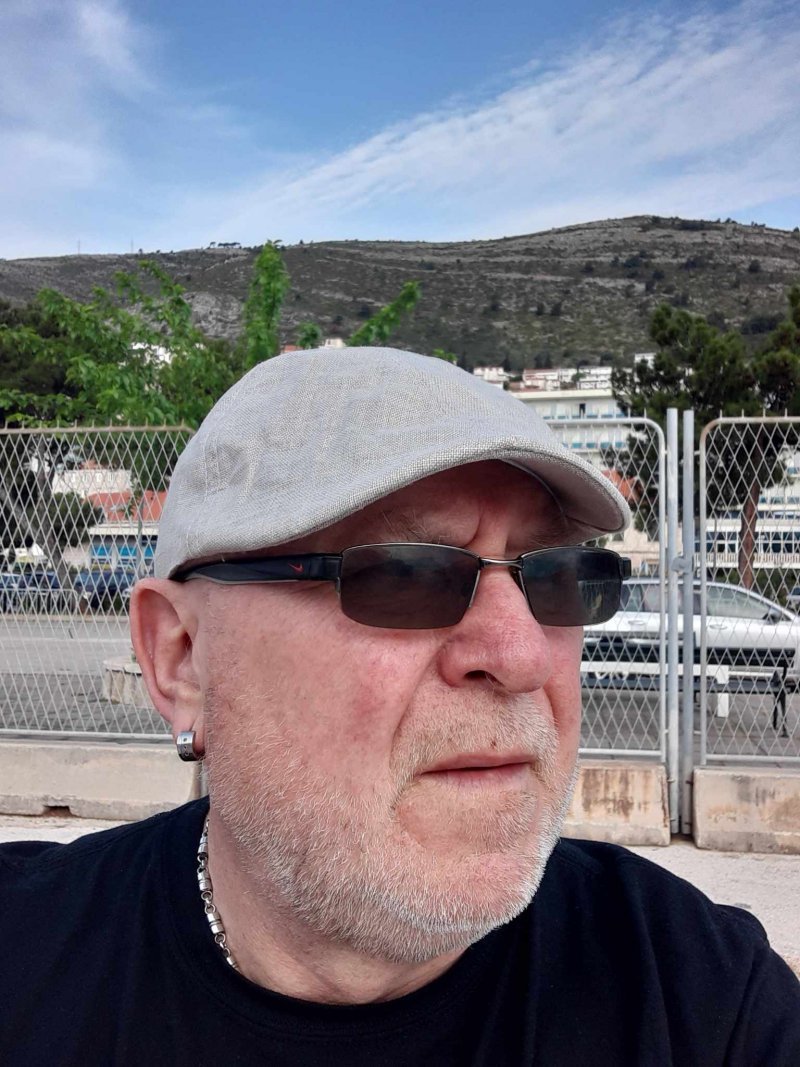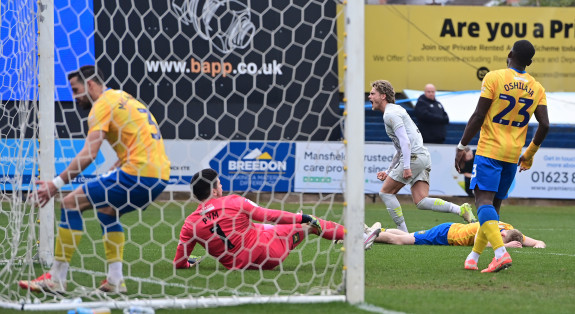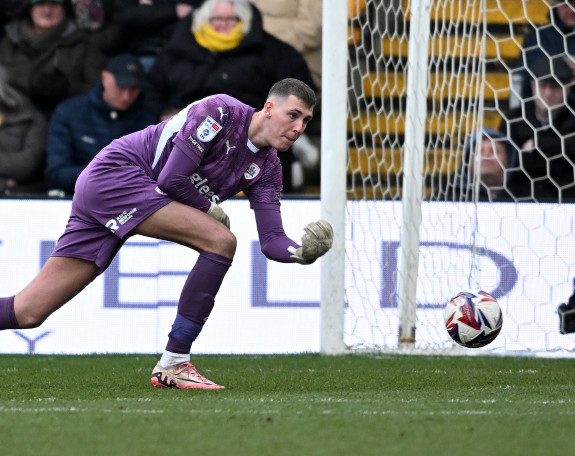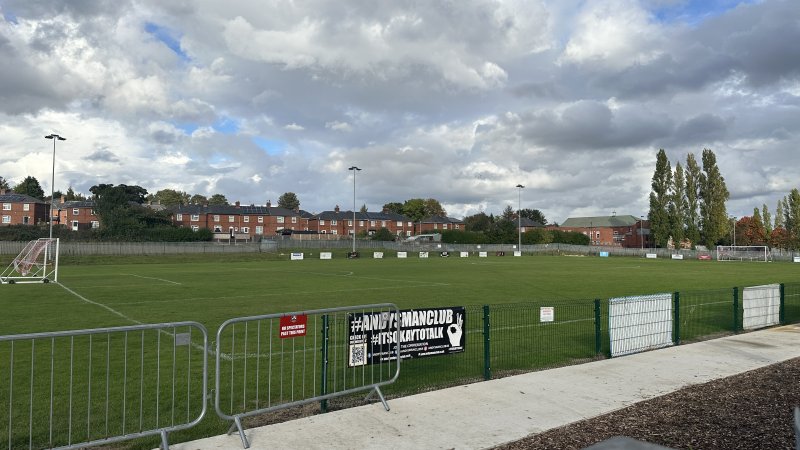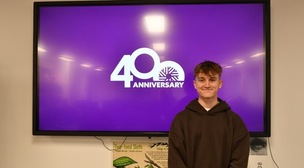It’s 1977, I’m married with a very young child, and I’m out of work. After suffering a chronic knee injury in my first proper job (osteoarthritis) and resigning from my second career as a civil servant – because the boredom was driving me out of my mind – I move to nearby East Retford to train as a primary school teacher.
After three years of intense study, the cutbacks in education mean there are very few opportunities to gain employment in my new profession. I do like living in Retford because most of my college friends settle there but the six months I spend there on the dole is one of the worst experiences of my life.
Our close neighbours actually become hostile towards us without explaining why. Even the milkman finds it impossible to hide his disgust when we trade our benefit tokens for milk – and the reasons are obvious.
During the summer and autumn I did have a seasonal part-time job cutting grass at the local tennis club for £5 a week. In the evenings I spent a lot of my time desperately applying for teaching posts in South Yorkshire – most of which were hopelessly out of my reach. My knee deteriorated because of the grounds-man duties and when I informed the DHSS that I was doing this work, they cut my benefits pound-for-pound. Nice.
Almost every other week during September and October the Social Security Office in nearby Worksop underpays me, which means I have to travel on the service bus to sort things out. There are no subsidised bus fares in Bassetlaw so the return journey costs me £1 – 10 percent of my weekly income.
I envy my friends and relatives in Barnsley with its subsidised public transport system.
On one bitterly cold November day – following an unsuccessful interview at Grange Gate Primary, Barnsley – we, as a family, are skint and I have to travel to Worksop to sort out my benefit payment, once again.
I’ve no option but to cycle the long journey, so I put on four layers of clothes, plus scarf, woollen bonnet and (believe it or not) a pair of socks on each hand because I’ve lost my gloves. After cycling a mile northwards I begin to perspire and have to remove my scarf and hat and put them in my bag, which is hanging from the handlebars. After three more miles I’m puffing and panting, and so unfasten my duffle coat to allow the freezing air to cool me down. But my finger tips are so numb with the cold it’s as though each one’s been struck with a hammer.
Cycling home after my DHSS interview is even worse. I hit a sheet of black ice and my bike skids from under me, leaving me in the middle of the road. By sheer good fortune, the road is quiet, so there are no other vehicles to run over me, but I’m in terrible pain and feel my knee bleeding under my jeans.
When I get back home to Retford, we’ve run out of gas and haven’t 50 pence for the meter, so we wrap ourselves up as best we can and fill two hot water bottles from the kettle. The three of us use them to warm our feet. Heaven!
That night I make three silent vows:
I’ll never criticise the unemployed for being out of work.
n I’ll never again be so poor that I can’t keep warm.
n I’ll never again ride a bicycle.
My personal experience of hardship that winter, which is nowhere near as bad as some, changes my outlook on life. Rather than protect my fragile self-esteem by looking to kick-out at someone who’s worse off than me, I do the opposite. I make it my raison d’être to always stand up in solidarity for anyone who faces similar hardships. And if that means leading a fight for a decent bus service or to maintain heating grants for the elderly, then I will do so!
And I’m utterly convinced that I’m not the only one who feels this way. I’m certain many others would also love to create a society (for their children and grandchildren to inherit) that has a good public transport system, a decent warm home, a guaranteed secure job, wholesome food, free education, first-class health care, generous pensions and plenty of well-funded leisure time activities. It’s not too much to expect in a country with 55 billionaires.
Oh, and by the way, since 1977, despite one or two close shaves, I’ve been fortunate enough to avoid poverty and – I swear – I’ve never once ridden a push-bike.

